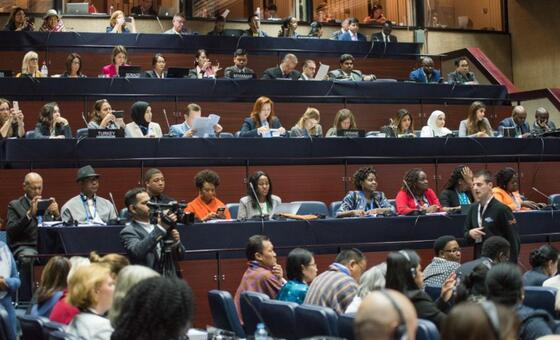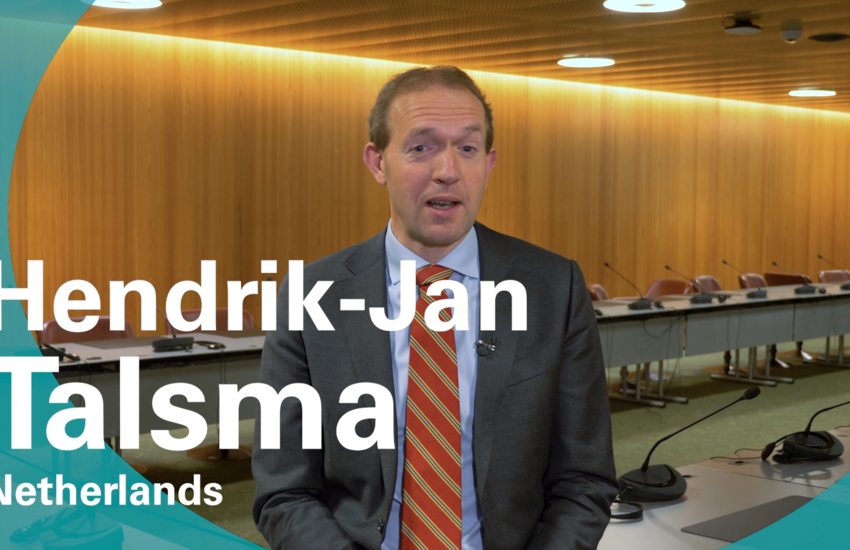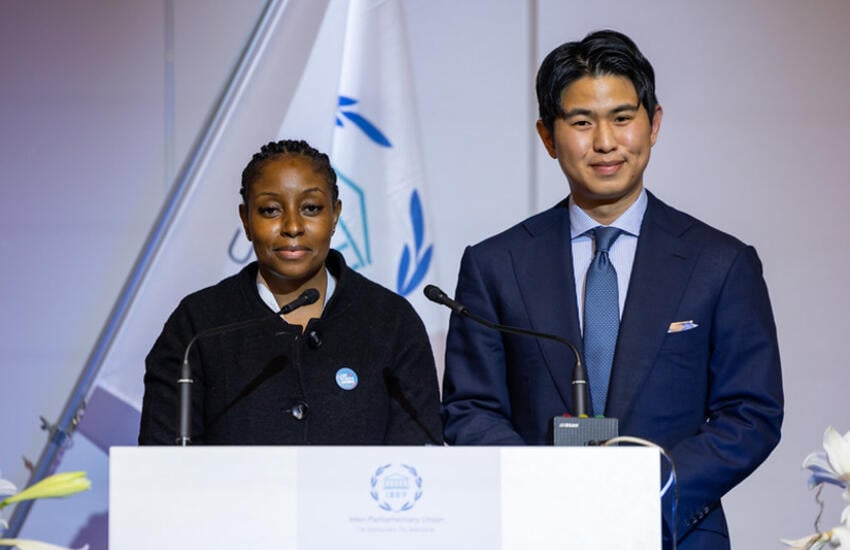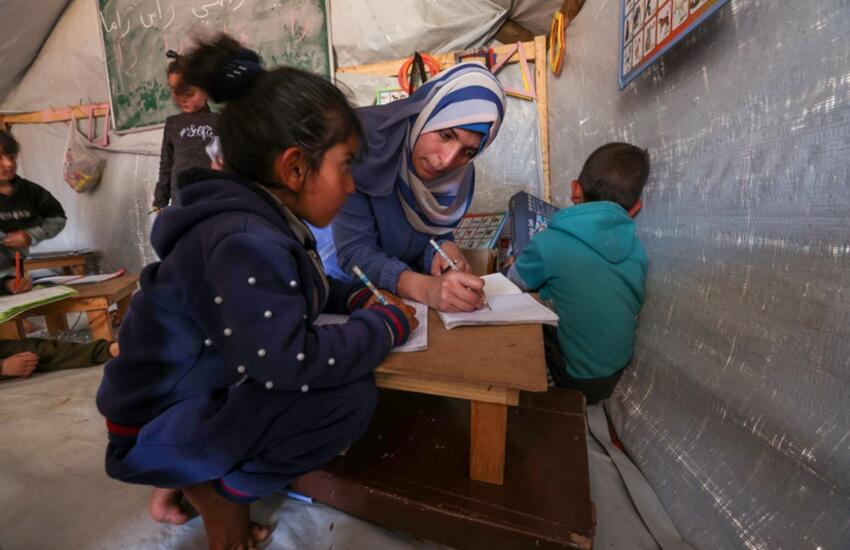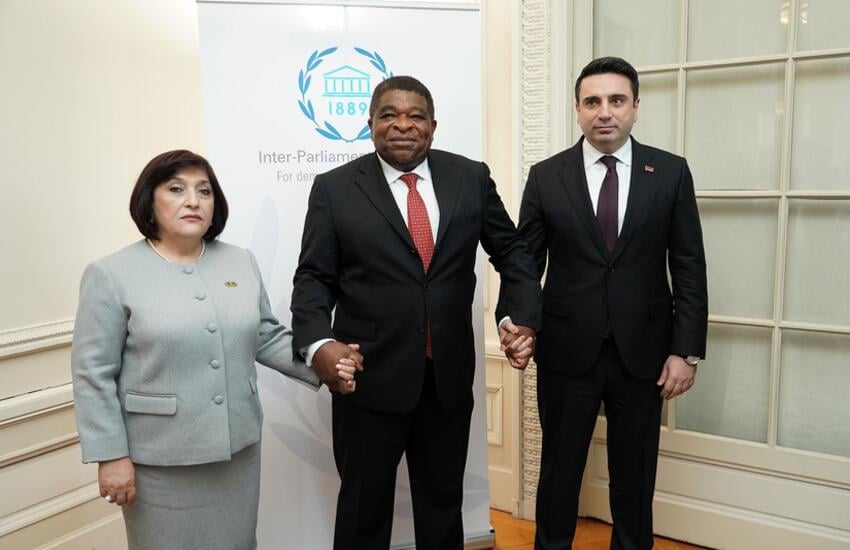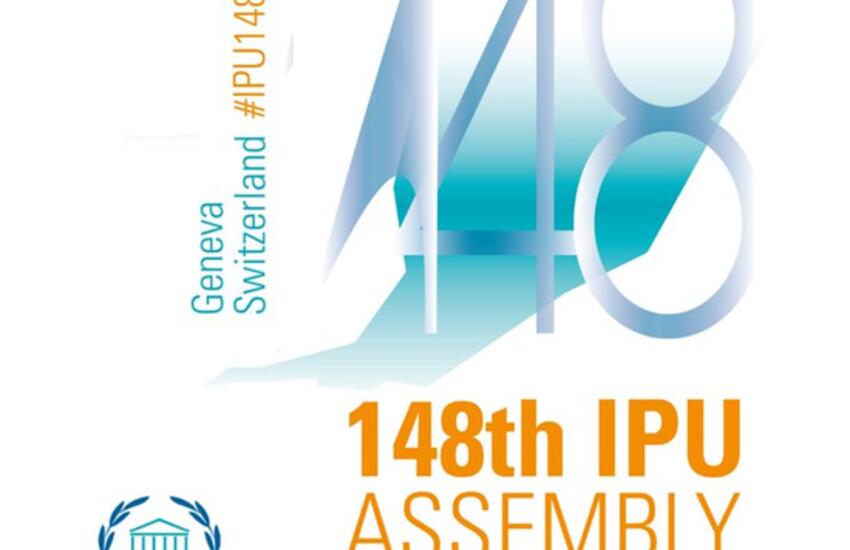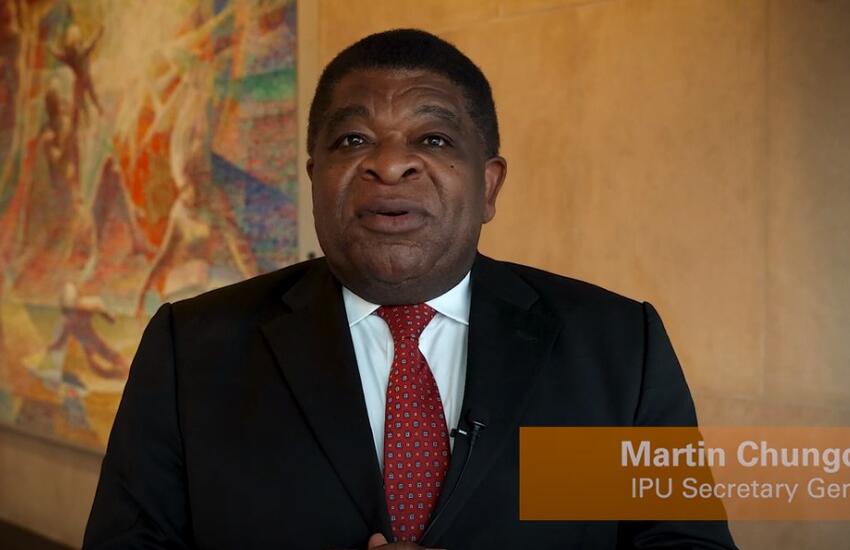Geneva/New York/Vienna
The IPU, together with the United Nations Office of Counter-Terrorism/United Nations Counter-Terrorism Centre (UNOCT-UNCCT) and the United Nations Office on Drugs and Crime (UNODC) launched today the Model Legislative Provisions to support and protect the rights and needs of victims of terrorism.
The virtual launch was attended by representatives of Member States, Parliaments, United Nations entities civil society organizations including victims’ associations as well as victims of terrorism.
Mr. Martin Chungong, IPU Secretary General said "The importance of the Model Legislative Provisions for Victims of Terrorism lies not only in their development, but more importantly, in the need for parliamentarians to transform them into national legislation. Indeed, the work of parliamentarians in drafting legislation is just the beginning of the effort needed to help the victims of terrorism rebuild their lives.”
Under-Secretary General Voronkov, Head of UNOCT, stated that showing political will means supporting victims, understanding their unique needs and realizing their rights. “This can be done by Member States enacting strong domestic legislation that recognizes that victims need support and require accountability, and that establishes mechanisms that are victim-centric, ” he added. “We owe that to the victims, their families and their communities”
Ms. Ghada Fathi Waly, Executive Director of UNODC said “The model provisions, by acknowledging the difficulties victims face and by listening to and incorporating their perspectives, represent a key component of the integrated, comprehensive responses our societies need to prevent terrorist threats and protect people.”
The Model Legislative Provisions will serve as a model against which existing national laws and procedures related to victims of terrorism are reviewed, and towards the development of national legislation where applicable. They will also serve to systematize and promote the exchange of information between Member States regarding good practices supporting and protecting victims of terrorism.
The Model Legislative Provisions will include guidance on the implementation of laws and procedures to support adaptation in different countries, as well as provide suggestions for formulating provisions based on various legal systems, as necessary. The Provisions are comprehensive and underline the need for States to follow a victim-centric approach in addressing the rights and needs of victims.
The Model Legislative Provisions were developed through a series of expert consultations organized by UNOCT-UNCCT, IPU and UNODC, which took place in July 2020, and between November 2020-January 2021. The consultations included the participation of national institutions, parliaments, civil society organizations including victims’ associations and victims, academic institutions as well as experts from the United Nations and other regional organizations.
A core group of dedicated experts, composed of staff from United Nations Entities, representatives of victims’ associations and victims provided technical support to guide the drafting process of the Model Legislative Provisions.
Speakers in the interactive dialogue focused on specific issues related to victims, from assistance and support, to reparation, compensation, restitution, and rehabilitation; protection, access to justice and the specific needs of women and girls victims of terrorism.
Contact
• Ms. Laurence Gerard ([email protected]), Public Information Officer, UNOCT
• Mr. Brian Hansford ([email protected]), Chief, UNODC Advocacy Section
• Mr. Thomas Fitzsimons ([email protected]) Director of Communications, IPU

